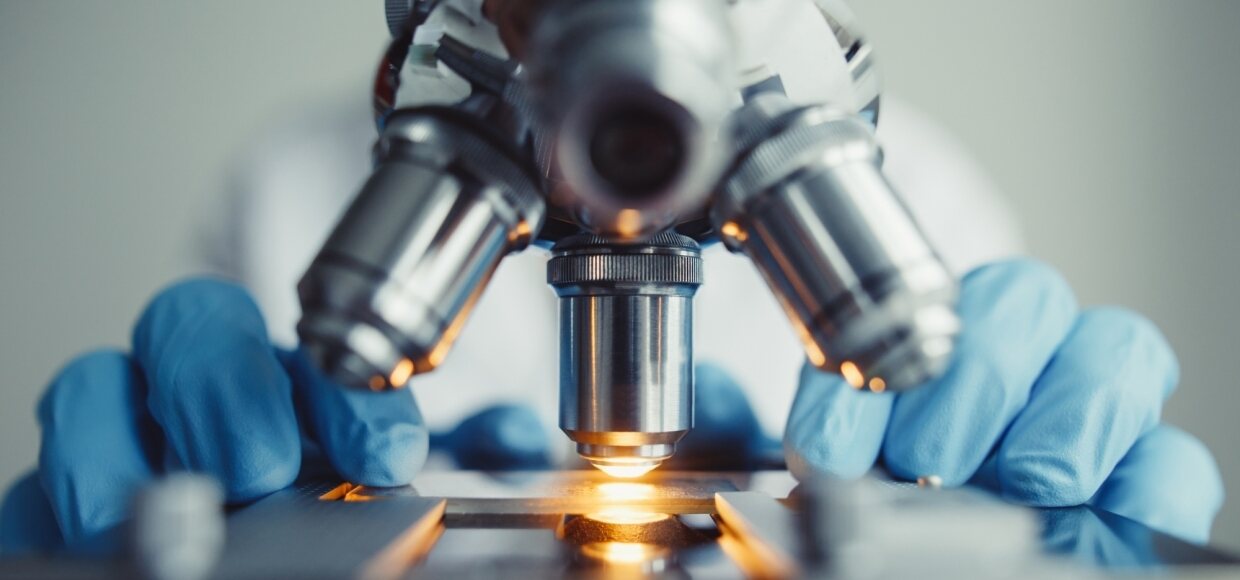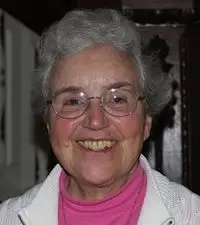Fundamentally, chemistry is the study of the matter in the universe and how it changes. Modern chemistry is central to our lives and impacts diverse fields such as medicine, energy generation, cosmetics, food production, and more. The curriculum for chemistry majors is varied and includes specialization in various areas, one of which is biochemistry. Biochemistry combines the traditional study of chemistry (focusing on two advanced courses in Biochemistry) with additional biology courses that provide a critical foundation in both natural science fields.

Biochemistry
WHY STUDY BIOCHEMISTRY AT CHC?
At Chestnut Hill College, when studying Biochemistry, you receive more than just an understanding of molecular structures. Along with your classroom and laboratory instruction given by highly qualified and experienced professors, you also gain a well-rounded liberal arts education.
This education will help you think for yourself and overlay your scientific decisions with an ethical perspective. Biochemistry majors receive personalized hands-on laboratory instruction in biology and chemistry courses, providing a solid technical foundation for a variety of careers and graduate programs.
The Biology Department sponsors an annual seminar series:
The Biomedical Distinguished Lecture Series, initiated in 1994, sponsors prominent speakers in the biomedical field and in basic research.
This twice-yearly seminar provides a forum for learning about recent advances in basic research, and biomedicine, and exposes students and faculty to prominent scientific and medical professionals. The meetings foster collaboration, interaction, and career contacts for students pursuing careers in basic research, health, and medicine, as well as environmental issues and policy. As well, the department invites other speakers on campus who have expertise in specific disciplines.
Majoring in chemistry opens students to a wide range of exciting and fulfilling career choices post-graduation. These include:
- Going to graduate school in biochemistry, biomedical sciences, or a related interdisciplinary field
- Going to medical, dental or veterinary school
- Going to Pharmacy school
- Working in a laboratory in a pharmaceutical company or an industrial chemical company
Internships:
Chestnut Hill College science majors gain valuable real-world experience through internships. Some of these internships even lead to full-time employment after graduation. Several of the places at which our majors have held internships are the following:
- Jefferson Medical College
- Georgetown University
- Purdue University
- Boise University
- The ME’s Office of Philadelphia
- The Research Center of the US Dept of Agriculture
-

Joshua D. Fetterman, Ph.D.
Chair, Center for Natural and Behavioral Sciences
Associate Professor of Psychology -
Rebecca Eikey, Ph.D.
Department Chair, Chemistry and Physics
Associate Professor, Chemistry -
Elliott Tammaro, Ph.D
Assistant Professor of Physics
-

Kathleen Duffy, SSJ, Ph.D.
Professor Emerita of Physics
-
Emily Arias
Chemistry Laboratory Manager
-

Lakshmi Atchison, Ph.D.
Professor Emerita of Biology
- Program(s):Biochemistry
- latchiso@chc.edu
-

Joseph Kulkosky, Ph.D.
Chair, Biology Professor of Biology
-

Robert Meyer, Ph.D.
Professor Emeritus of Biology
-
Hilton Oyamaguchi, Ph.D.
Assistant Professor of Biology
-

Kenneth J. Soprano, Ph.D.
Professor Emeritus of Biology
-
Hannah Venit, Ph.D.
Assistant Professor, Biology
